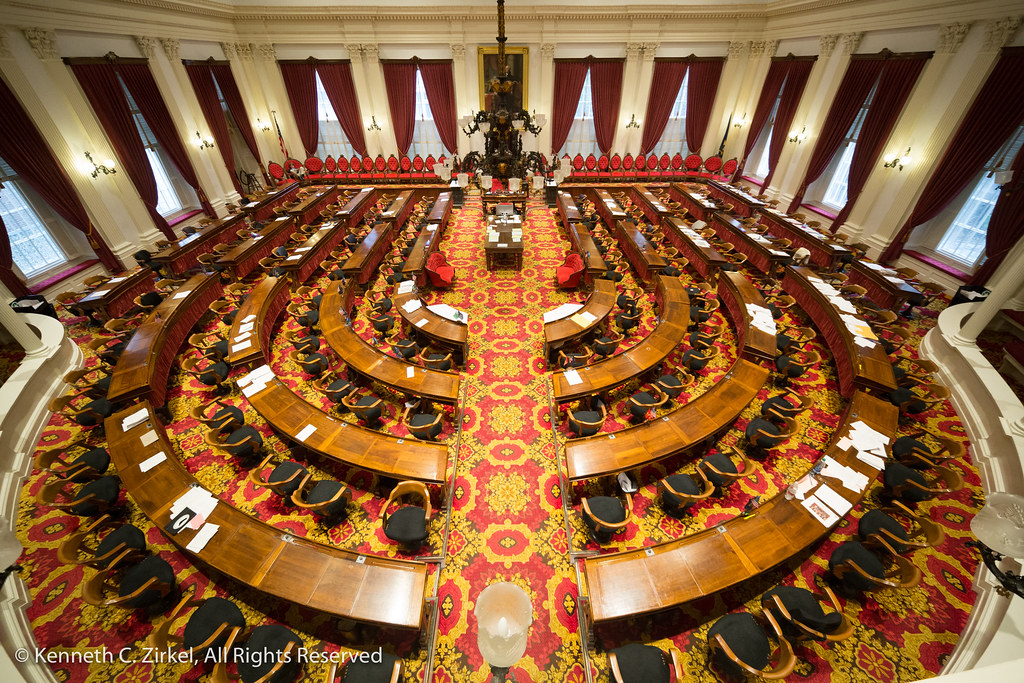By Leslie McCrorey Wells
As the co-owner of Burlington restaurants, Pizzeria Verità, Trattoria Delia, and Sotto Enoteca, I know how hard this past year has been on our industry partners. During the first 18 months of the pandemic, we furloughed staff, lost revenue, and accumulated debt. At the same time, we worked harder than ever to adapt, pivot, and persevere to keep our businesses viable and our workers and customers safe. Even with the extraordinary challenges faced by Vermont’s independent restaurants, we were lucky. We received funding through the first round of the Restaurant Revitalization Fund (RRF), which has been instrumental in helping our businesses to survive.
Only 366 of the 947 Vermont restaurants that applied for RRF relief were awarded funds, leaving a $120.5 million hole in our state’s restaurant industry. Oversubscription was anticipated, which is why before the RRF’s creation many congressional and federal leaders promised a follow-up replenishment package. Unfortunately, Congress continues to drag its feet when it comes to advancing RRF replenishment.
Now, we need help. Congress must make replenishing the Restaurant Revitalization Fund a priority, and our Vermont Congressional delegation, Senator Patrick Leahy, Senator Bernie Sanders, and Congressman Peter Welch, are in key positions to do this. Vermont’s restaurants are some of our most prized economic forces. 1,400 strong at the beginning of the pandemic, we operate on razor-thin margins to turn millions of dollars in food purchases (nearly $10 million of which is locally produced) into over $1 billion in annual sales. Along with drinking establishments, this mighty engine provides a dynamic experience for Vermonters and visitors and contributes to the health of our communities in so many ways – not the least of which is collecting local and State tax revenues. Our legislators know this, and they acted swiftly and boldly to support our restaurant industry at the onset of the closures. Why stop the support short of the finish line?
Restaurants have suffered devastating fallout from the pandemic, and the impact of nearly two years of operating restrictions and closures will continue to be felt for months and years to come. Nearly 75% of Vermont restaurants have not experienced a complete sales recovery, reporting that their businesses are still less profitable than they were prior to the pandemic. The RRF picked winners and losers, with recipients left in a stronger economic position than applicants who did not receive funds. Too many restaurants are operating on borrowed time, and we cannot afford to lose another one.
The Vermont Independent Restaurant Coalition is calling on Senator Patrick Leahy, Senator Bernie Sanders, and Congressman Peter Welch to immediately replenish the RRF, as was promised by state and federal leaders. While our delegation in Vermont is not the largest in the nation, our leaders hold key budgetary positions, and their support is critical to passing RRF replenishment.
Replenishing the RRF will keep our restaurants open, help workers stay employed, and protect the vibrancy of Vermont.
Leslie  McCrorey Wells is the co-owner of Burlington’s Pizzeria Verità, Trattoria Delia, and Sotto Enoteca, and a member of the Vermont Chamber of Commerce and Vermont Independent Restaurant Leadership Council.
McCrorey Wells is the co-owner of Burlington’s Pizzeria Verità, Trattoria Delia, and Sotto Enoteca, and a member of the Vermont Chamber of Commerce and Vermont Independent Restaurant Leadership Council.



 McCrorey Wells is the co-owner of Burlington’s Pizzeria Verità, Trattoria Delia, and Sotto Enoteca, and a member of the Vermont Chamber of Commerce and Vermont Independent Restaurant Leadership Council.
McCrorey Wells is the co-owner of Burlington’s Pizzeria Verità, Trattoria Delia, and Sotto Enoteca, and a member of the Vermont Chamber of Commerce and Vermont Independent Restaurant Leadership Council. 